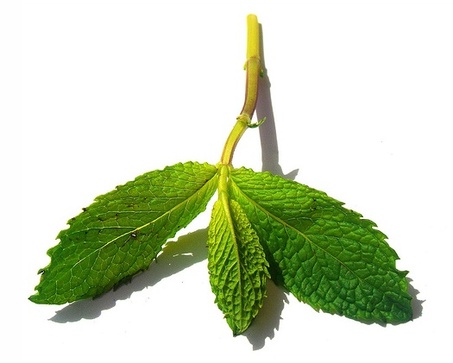
The essential wisdom of tonics is as down-to-earth as the roots, herbs, seeds, vegetables, fruits, and berries used in their preparation. Preventive medicine is still the best cure. Tonics help keep us in a state of health by strengthening the immune system, stimulating circulation, restoring energy, aiding digestion, nourishing the blood, and counteracting the negative effects of mental or physicals train, inadequate diet and rest, and environmental toxins.
When our organs and tissues receive a regular and generous supply of the fluids and nutrients they need, they are better equipped to resist attack from intrusive predators such as viruses and harmful bacteria. (This is what Chinese traditional practitioners mean when they talk about maintaining harmony and balance.) Like a toned muscle that can withstand sudden impact and respond to an unanticipated challenge, a well-balanced or toned internal system quickly regains its equilibrium when stressed. Herbal tonics are a fundamental part of that four-thousand-year-old strategy.
The Chinese are not alone in this reliance on tonics for preventive therapy. Many cultures have developed an elaborate assortment of beverages and liquid foods intended to prevent illness and infection. Indian Ayurvedic medical practitioners have long encouraged muddled patients to drink an infusion of gotu kola, an herb praised for its brain-sharpening properties. In Medieval England nettles soup was consumed to “spring clean” the body of accumulated winter toxins, a practice still recommended by herbalists today. In the southern regions of the United States, chicory root is brewed to prevent stomach acidity. Everywhere one looks, in fact, you can find useful tonics for promoting balance and harmony within the body. Look for them here at EcoSalon on a weekly basis, of course.
Tonics differ from elixirs in that they are meant as natural therapies to be drunk regularly, rather than occasional healing medicines to be taken in cases of illness or infection. If you’ve tried a tonic yourself and felt little difference, that’s probably because tonics are meant to be taken repeatedly for weeks, months, and even years at a time. They do their best work gradually, over a period of months, but the improved sense of well-being and ongoing freedom from illness is well worth the wait. Because they make slow improvements, you may not notice an dramatic effects at first; instead, pay attention to any subtle signs of improved health like more energy, a feeling of lightness, less moodiness and mental inertia, and most important, less frequent bouts of colds and flu. Think of tonics as you would of brushing your teeth, that weekly session of iyengar, or your several daily glasses of pure water. These are all simple habits of health maintenance with important cumulative effects.
Tonics spring from the earth and, when incorporated into your daily activities, are a constant reminder that the closer we remain in contact with our natural surroundings, the more likely we are to benefit from their resources in order to create our own vitality and well-being.
Image: Darwin Bell
Source: Wise Concoctions (reprinted with permission)
